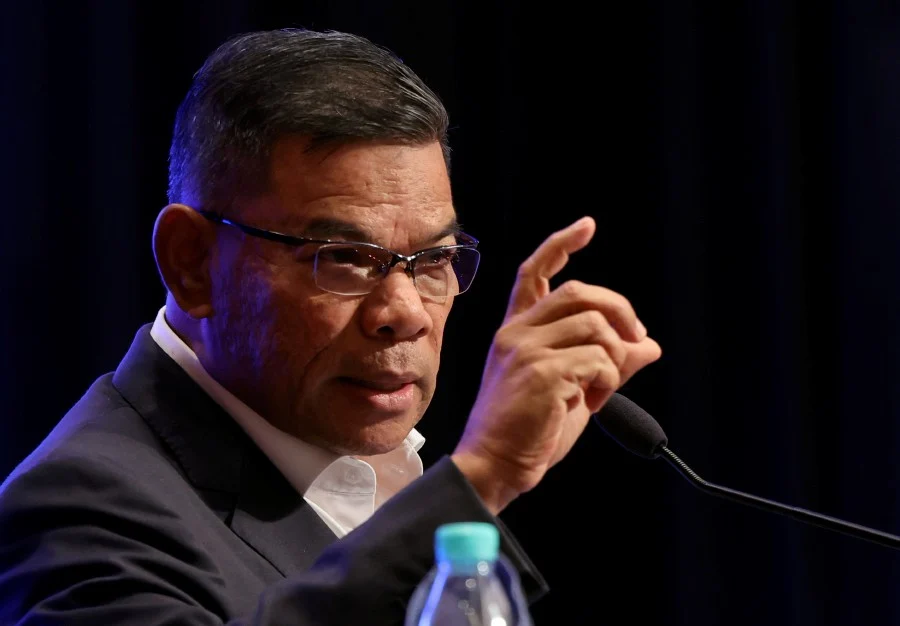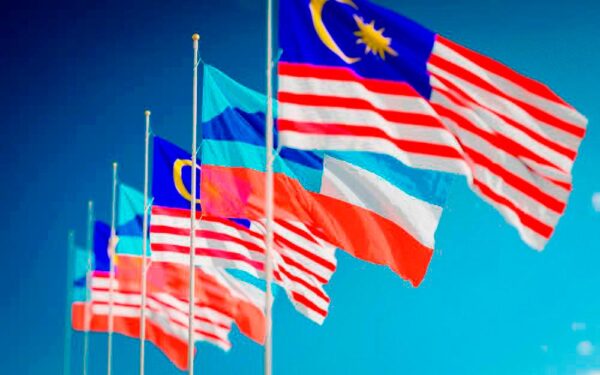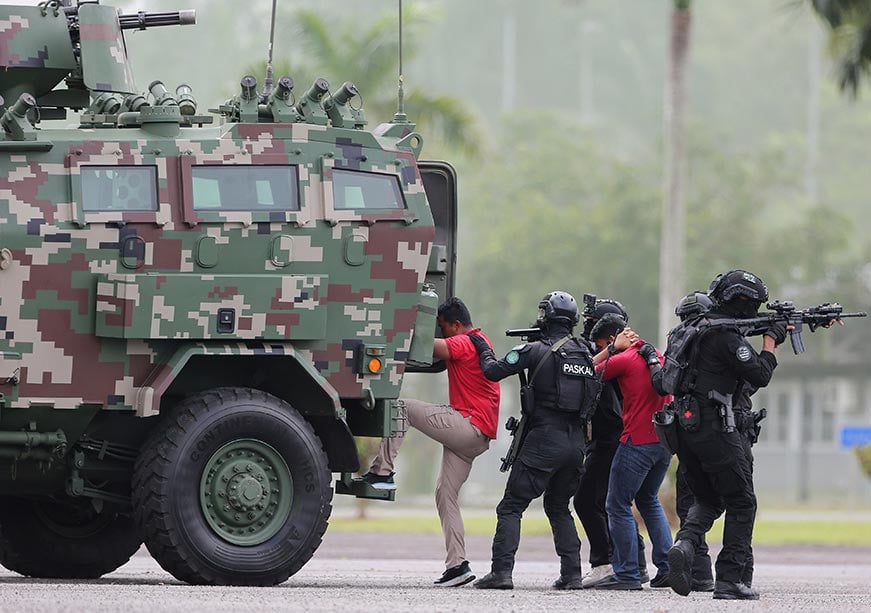By Sharina Ahmad
THE unprecedented social-distancing measures necessitated by the Covid-19 pandemic have changed our way of life.
On April 11, the government extended the movement control order (MCO) period by another two weeks until April 28. Prime Minister Tan Sri Muhyiddin Yassin has called on the people to adapt to “the new normal”.
He said what was usually done before could no longer be done, citing examples such as shaking hands.
This is also a time for Malaysians to understand what “new normal” means and how people are coping with this new way of living.
Sunway University Business School economics professor Dr Yeah Kim Leng told FocusM that the new normal is a permanent change in conduct and behaviour.
“It’s a new way of thinking, seeing, doing and existing as an individual, a firm, an industry, a society and a nation.
“To contain the virus outbreak, individuals have to avoid mass gatherings, practise social distancing and stay home. These practices will be with us for as long as the health risk is present and a vaccine and cure are absent,” said Yeah.
Institute for Democracy and Economic Affairs (IDEAS) economics and business research manager Lau Zheng Zhou said business resilience has been put to the test during this crisis.
“Business continuity or disaster recovery has always been treated as an exercise or relegated as paperwork for administrative purposes.
“This MCO experience will change that mindset and managers will be reflecting hard on how to increase adaptability, starting with the business model,” he said.
Lau noted that the new normal can be interpreted as a process to normalise what has been a dramatic shift in the relationship of a business with its external environment, notably direct stakeholders such as employees, suppliers, vendors, and customers.
“The existing formal and informal means of maintaining the trust and relationship will be disrupted. For instance, traditional distribution channels will now be digitised and customer relationship management can only be enhanced with investment in consumer behaviour analytics,” said Lau.
Bank Islam chief economist Dr Mohd Afzanizam Abdul Rashid defined new normal as the way we conduct ourselves in terms of the adoption of technology, the way businesses operate and compete with each other, and to a large degree, personal hygiene.
He highlighted that digitalisation is a must for everyone, irrespective of age, and for businesses whether they’re micro, small or large.
“The current public health crisis has put significant restraint on human mobility and businesses, big or small, have really learnt their lesson well. Judging from the recent survey by the Department of Statistics Malaysia (DOSM), expenditure on telecommunication pre- and during MCO has not changed.
“This was due to online learning and shopping which has become prevalent during MCO. On businesses, we would see their need to have virtual offices become increasingly relevant,” he told FocusM.
Mohd Afzanizam said the MCO period may have proven that workers’ productivity would not be compromised should online meetings be held at any place.
“This would change businesses’ view on offices, work stations, office equipment like photostat machines and desktop computing and papers. On personal hygiene, sanitation and face masks would become a norm if a person goes to public places. So that would increase the demand to manufacture such products.”
Sunway University’s Yeah said digitalisation and the use of labour-saving technologies such as automation, robotics, machine learning and Artificial Intelligence (AI) will gain favour not only because they provide a competitive advantage but also because they are less susceptible to health crises.
IDEAS’ Lau opined that digital adaptability will be key as consumers will gradually form the habit of making online transactions.
“Managers need to identify core activities where human resources remain irreplaceable in the short term while exploring options to outsource non-core activities that can be better managed by external parties.
“This reconfiguration of business operations will also mean creating new products and services backed by an enhanced business model,” he said.
He added that SMEs need to learn how to communicate a story or an idea around products and services because while the eyeballs are there, the attention span is short.
“But digital marketing is key for SME adaptability and it can be made more dynamic, engaging, and personalised compared to traditional marketing.”
Apart from that, Lau said SMEs should also identify current operations done manually to be digitalised. There are many web-based apps that facilitate operations in accounting, data storage, project management and timesheet billing, tracking of orders and such.
However, for society as a whole, Yeah mentioned there is a greater appreciation of human frailty and the critical importance of a well-functioning public health system, besides the tremendous sacrifice by a small segment of the population that holds dear the Hippocratic oath of saving lives.
He added that in terms of the nation and government, there is greater urgency post-Covid-19 to ensure crisis preparedness in all spheres.
“These range from public health, food and energy security, a natural disaster to climate change threats. Above all, the new normal dictates that it pays for the government and people to build social safety nets and reinforce the discipline to save for a rainy day.” — April 15, 2020









